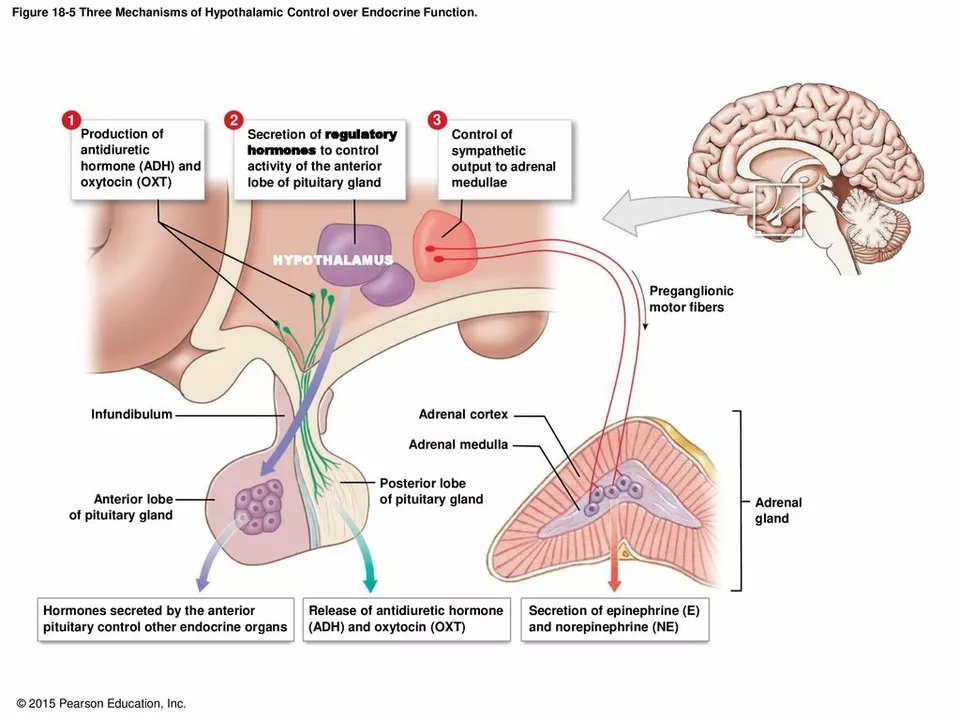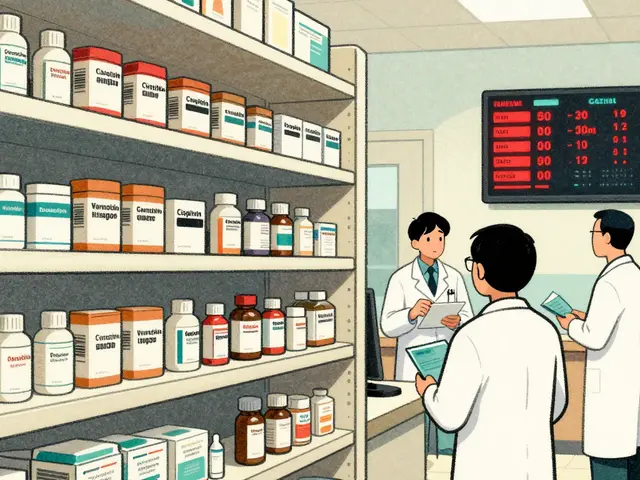Cognitive function: simple ways to protect memory and focus
Want to keep your brain sharp? This tag collects practical, no-nonsense advice about cognitive function — from diet and supplements to medication effects and safe online pharmacy tips. Read short, actionable pieces so you can make choices that actually help.
Start with basics: sleep, movement, and blood sugar. Poor sleep and uncontrolled blood sugar drag down memory and attention fast. Aim for 7–9 hours, move 30 minutes most days, and choose whole foods over refined carbs. These three changes often show results in weeks.
Supplements and safe use
Some supplements have real evidence. Acetyl-L-carnitine can support energy metabolism and may help thinking in older adults. Omega-3 fatty acids (EPA/DHA) link to better mood and attention. SAM-e and rhodiola have data for mood and mental energy, which affects thinking. Use standard doses from reliable brands and check interactions — especially if you take antidepressants, blood thinners, or thyroid meds.
Never assume “natural” means safe. A quick example: acetyl-L-carnitine can affect thyroid tests and interact with certain drugs. Ask your clinician before starting anything new, and stop before surgery if advised.
Medications, risks, and buying safely
Some prescription drugs can blur thinking. Older anticholinergic medicines, certain sleep aids, and high-dose opioids worsen memory. If you notice brain fog after a new drug, talk to your prescriber about alternatives. Articles on this tag explain specific meds like trimipramine, aripiprazole, and their cognitive profiles.
If you buy medicines online, be picky. Use licensed pharmacies, confirm a prescription is required, and read reviews. Our guides cover where to buy common drugs safely and how to spot fakes. Fake or poor-quality medications can harm your brain and body.
Also watch for interactions. Combining supplements with antidepressants or antithyroid drugs can cause unexpected effects. A pharmacist can run interaction checks for you.
When to see a doctor: sudden memory loss, confusion, slurred speech, or falls need urgent care. Slow decline deserves a primary care visit — simple tests for B12, thyroid, sleep apnea, and depression can uncover reversible causes.
Use this tag to find focused articles: supplement reviews, drug safety updates, alternative medication options, and buying guides. Each post aims to help you make safer, evidence-aware choices for cognition without medical jargon.
Want quick next steps? Sleep better, walk daily, eat more fatty fish and vegetables, and talk to your provider about one safe supplement if needed. Small changes add up fast.
On this page you’ll find guides like 'Acetyl-L-Carnitine and Thyroid Health', 'Natural Mood-Boosting Supplements', and 'Trimipramine Online' that tie directly to thinking and mood. Read the supplement reviews before buying. If a medication change is recommended, ask for a written plan and a follow-up in four to six weeks to see how cognition responds. Keep a simple log: sleep hours, mood, focus, and any new pills. That log makes it easier for your clinician to spot problems and adjust treatment fast. Bookmark this tag and check back for updated studies, safety alerts, and clear how-to guides on brain health.

- Jun 1, 2023
- Posted by Cillian Osterfield
Vortioxetine and Cognitive Function: A Promising Connection
In my recent research, I came across some fascinating findings about the connection between Vortioxetine and cognitive function. Vortioxetine, an antidepressant medication, has shown promising results in improving cognitive performance in people with depression. Not only does it alleviate depressive symptoms, but it also seems to directly enhance memory, attention, and processing speed. These cognitive benefits could be a game-changer for those struggling with depression, as they may lead to better daily functioning and overall quality of life. I'm excited to follow this promising connection further and will keep you updated on any advancements in this area.
Categories
- Health and Wellness (71)
- Medications (68)
- Health and Medicine (28)
- Pharmacy Services (12)
- Mental Health (9)
- Health and Career (2)
- Medical Research (2)
- Business and Finance (2)
- Health Information (2)
Latest Posts
©2026 heydoctor.su. All rights reserved





